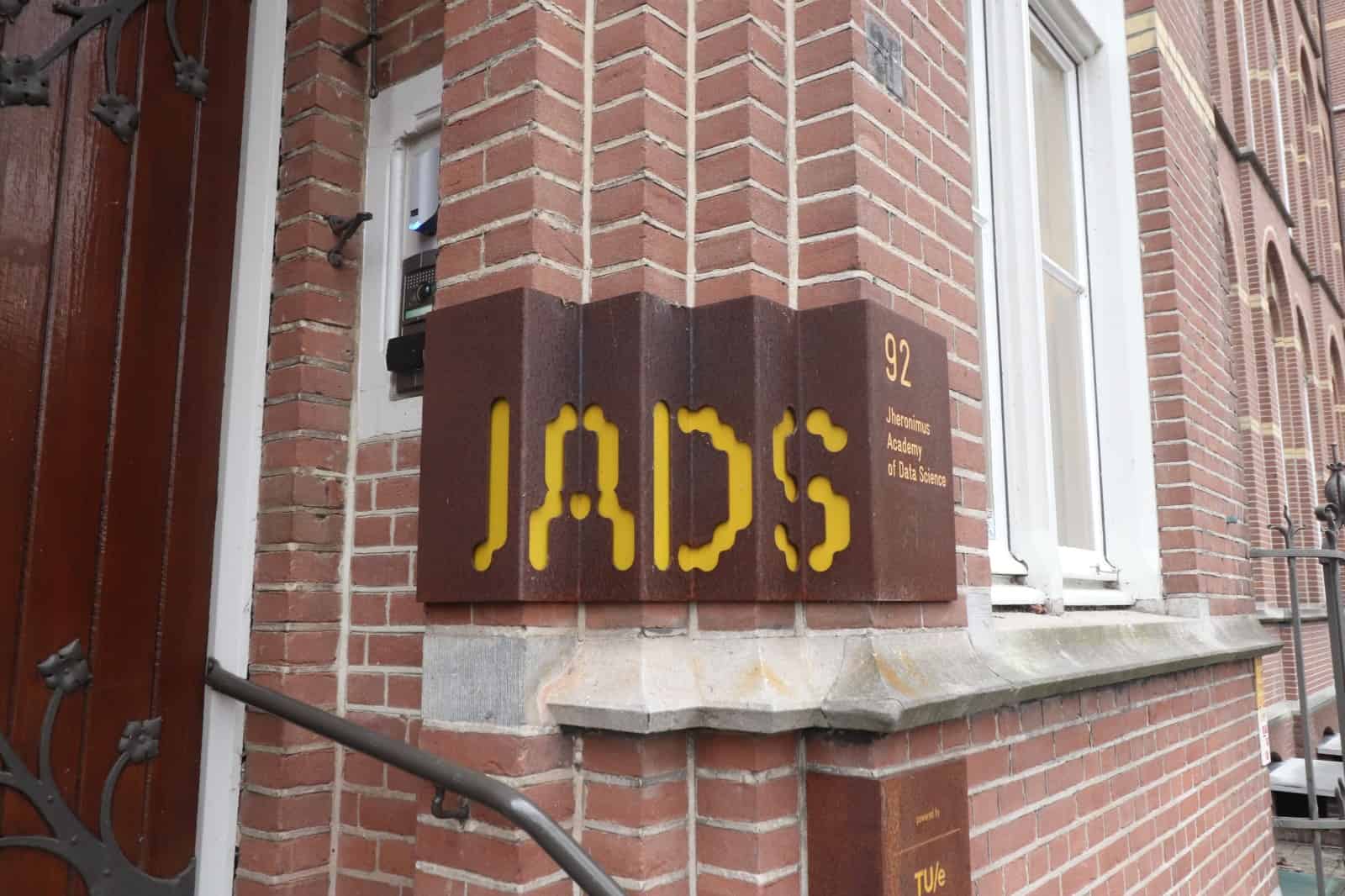
Johnny Depp was in the Netherlands. At Pinkpop, of course, as a guitarist with the Hollywood Vampires. The Dutch music magazine OOR was surprised by this and asked the question: can this man really do anything?
Of course, we know Depp mainly as an actor in films: Captain Jack Sparrow in Pirates of the Caribbean, Wade Walker in Cry-Baby, Edward Scissorhands, and, last but not least, Joseph Pistone in Donnie Brasco. But Depp is not an actor who is now also trying to be a rock artist. He is actually a musician who was encouraged by Nicolas Cage to pursue acting. So, not the actor who also plays guitar, but the guitarist who also acts. Depp even quit school as a young kid, encouraged to do so by the school principal to become a rock musician. He only became more famous as an actor.
As a musician, Depp played for years with Jeff Beck. Beck was ranked fifth in the top 100 best guitarists in the world by that other famous music magazine, Rolling Stone, honorably between B.B. King and Keith Richards. In other words, Depp plays with the very best. That background is unknown to most, which is why the magazine OOR called Depp the surprise of the day at Pinkpop. So the answer to their own question is that Johnny Depp can indeed do anything.
Leonardo da Vinci
I was triggered by this article in OOR: why do we marvel that some people seem to be able to do “anything”? Why do we approach this almost skeptically? After all, for the truly creative thinkers among us, this is not exceptional at all but rather normal. Take Leonardo da Vinci. We know him not only as the painter of the Mona Lisa but also as a scientist, architect, and inventor. Or take Herbert Simon, one of the founders of Design Science. But also the father of modern business administration and a scientist in economics, computer science, psychology, and sociology. When Herbert Simon won the Nobel Prize in economics in 1978, both psychologists and computer scientists said that “one of them” had won the Nobel Prize.
With creative minds, then, adding value across disciplines is the rule rather than the exception. That’s because their starting point is not what exactly they can do (unlike the question from OOR’s journalist, which focuses precisely on that ability: So can Johnny Depp really do anything?). No, their starting point is curiosity, an unbridled fascination with the world, the organisms that live in it, and how those organisms handle things. When that curiosity is combined with a keen power of observation, with an eye for detail and the bigger picture, that curiosity also functions as a breeding ground for inspiration.
Curiosity + observation = inspiration
That inspiration is the fuel that creative minds combine with a hefty dose of passion and drive. That cocktail of traits enables them to add value to multiple disciplines. For example, Leonardo da Vinci was incredibly curious about whether humans could also fly. In a quest to answer that question, he endlessly observed birds and studied all their movements. Based on that quest, beautifully depicted in his “Codex of the flight,” he arrived at the first prototype of an airplane (in the fifteenth century!). Similarly, Johnny Depp did not play Captain Jack Sparrow, he became Captain Jack Sparrow. He did so, inspired by Keith Richards, through a combination of imagination and empathy. Creative minds like Leonardo da Vinci, Herbert Simon, and Johnny Depp are guided by the creative process, not the final product. Some say that is the secret behind Depp’s success and not a particular acting talent or anything like that.
In the way we educate our children now, we are too focused on ability. All children must eventually pass through that same hoop of knowledge and ability. Of course, that ability is important, but when there is too much emphasis on that ability, school performance, despite all our efforts, tends to deteriorate rather than improve. Exactly as is currently the case in the Netherlands.
If we can combine it with curiosity and observation, or inspiration, we will get much further. I shaped my last course, a master course on Design Thinking, entirely around this formula, and not only the student evaluations but also the student results have never been better. In short, we should not marvel at “all-rounder” Johnny Depp, we should instead be inspired by this and encourage that cocktail of traits in our education. The greatest gift we can give our children is to teach them to follow their curious noses, no matter where it leads. Only then will we train them to be innovators who add value to whatever discipline.







